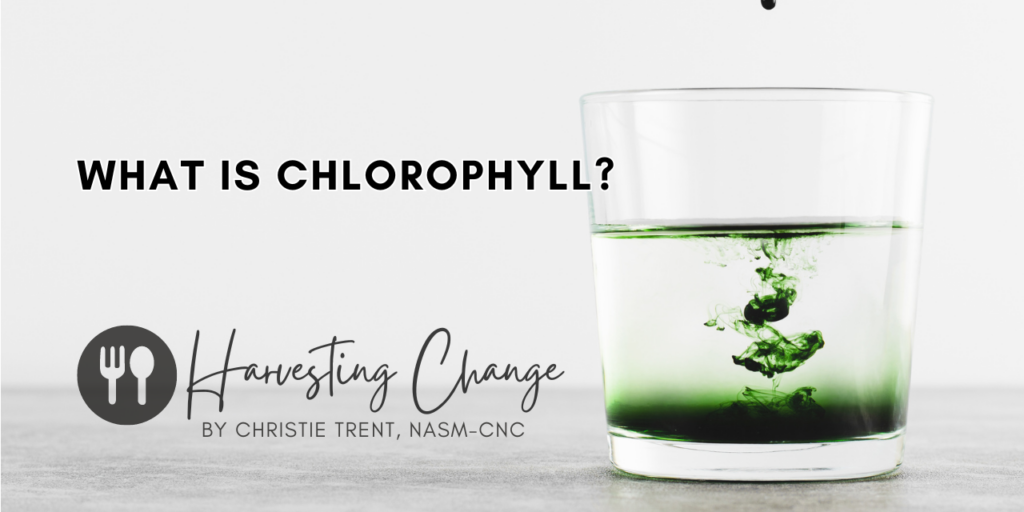
Nourishing Your Heart: The Benefits of a Plant-Based Diet
For heart health, a plant-based (vegan) diet is highly regarded due to its ability to improve cardiovascular health by lowering cholesterol, reducing blood pressure, and improving overall heart function. Here are a few key aspects of a vegan diet and their connection to heart health, supported by studies:
Lower Cholesterol and LDL Levels
Plant-based diets tend to lower levels of total cholesterol and LDL (“bad” cholesterol), which reduces the risk of heart disease. One study published in the Journal of the American Heart Association in 2019 found that plant-based diets were associated with a lower risk of cardiovascular disease and mortality compared to diets rich in animal products . The fiber in whole grains, fruits, vegetables, and legumes binds with cholesterol, helping the body eliminate it. Foods like oats, beans, and flaxseeds are particularly beneficial.
Study: A Plant-Based Cholesterol-Lowering Diet Score Correlates with Serum LDL-Cholesterol Levels
Reduction of Blood Pressure
Plant-based diets, rich in potassium, magnesium, and low in sodium, help regulate blood pressure. Vegetables, fruits, and whole grains help prevent hypertension, a major risk factor for heart disease and stroke. A systematic review published in The Journal of Hypertension found that vegetarians and vegans have lower blood pressure compared to meat-eaters.
Study: Plant-Based Diets and Blood Pressure
Anti-Inflammatory Benefits
Chronic inflammation is linked to heart disease, and a vegan diet is known to reduce inflammatory markers in the body. This is partly due to the high antioxidant content found in fruits, vegetables, and legumes. A study in Nutrients noted that plant-based diets, particularly those rich in fiber, antioxidants, and polyphenols, lower inflammation and, in turn, reduce the risk of cardiovascular disease.
Study:
Weight Management and Heart Health
Maintaining a healthy weight is crucial for heart health, and plant-based diets are often associated with a lower body mass index (BMI) and lower rates of obesity, which reduces the burden on the cardiovascular system. Whole foods rich in fiber, like fruits, vegetables, legumes, and whole grains, promote satiety and help control weight. A study from The American Journal of Clinical Nutrition found that plant-based diets contributed to sustainable weight loss, improving overall heart health.
Study: Changes in intake of plant-based diets and weight change: results from 3 prospective cohort studies
Reversing Heart Disease
The well-known studies by Dr. Dean Ornish and Dr. Caldwell Esselstyn demonstrate that a whole-food, plant-based diet can not only prevent but also reverse coronary artery disease. These studies have shown that patients who followed a low-fat, plant-based diet experienced a reversal in plaque build-up in their arteries and reduced their risk of heart attacks.
Study: The Effect of a Vegan Diet on the Cardiovascular System
Heart-Healthy Vegan Foods
Leafy Greens (kale, spinach): Rich in nitrates, which improve arterial function and reduce blood pressure.
Nuts and Seeds (almonds, chia seeds, flaxseeds): High in healthy fats, fiber, and omega-3 fatty acids.
Whole Grains (oats, quinoa, barley): Great for cholesterol reduction and improving heart health.
Legumes (beans, lentils): Rich in protein and fiber, they improve heart health by lowering LDL cholesterol.
Berries: Packed with antioxidants, berries help fight inflammation and reduce blood pressure.
Switching to a plant-based diet can have a profound impact on heart health. These studies provide strong evidence supporting the cardiovascular benefits of a vegan diet.



